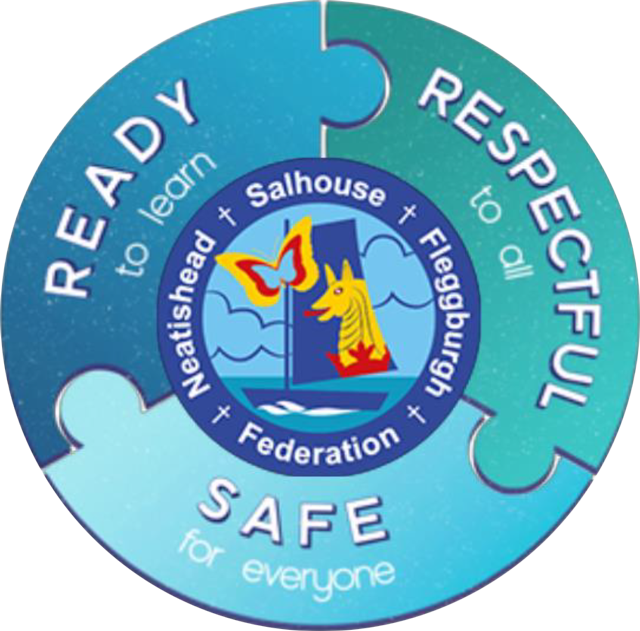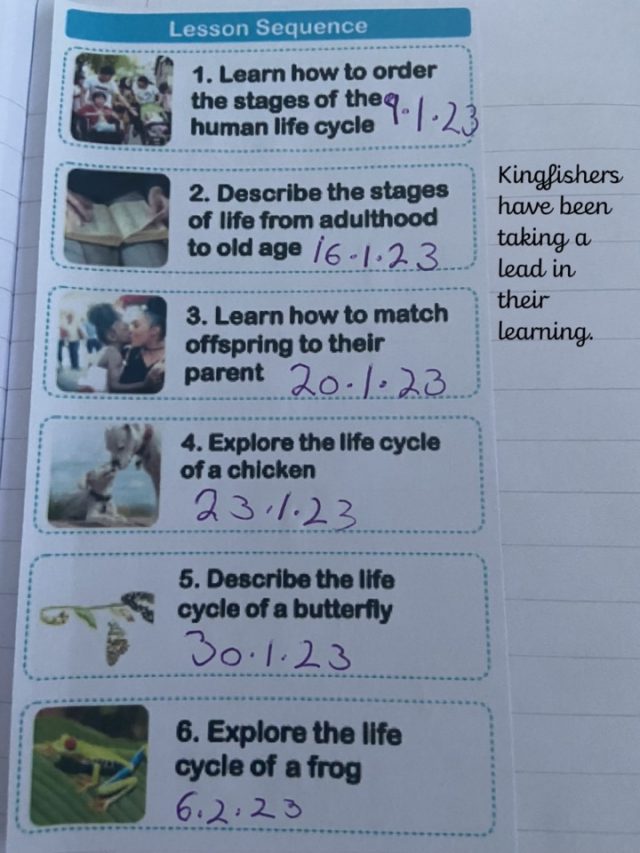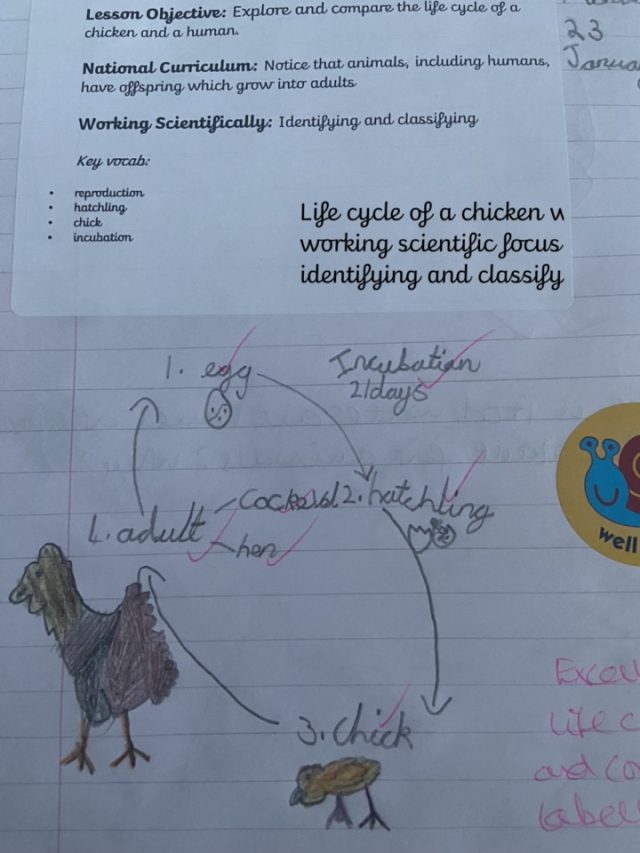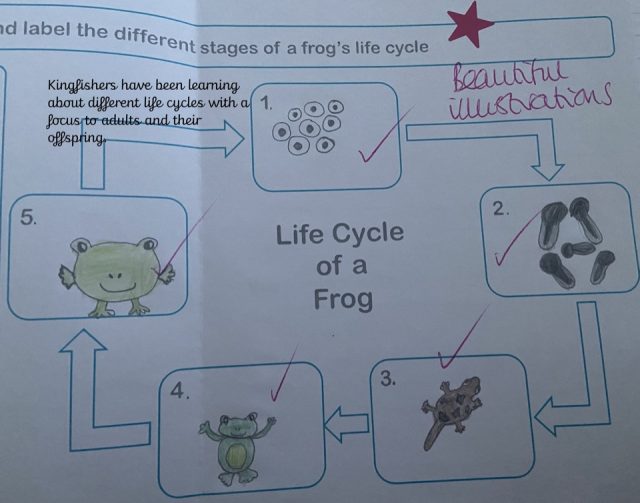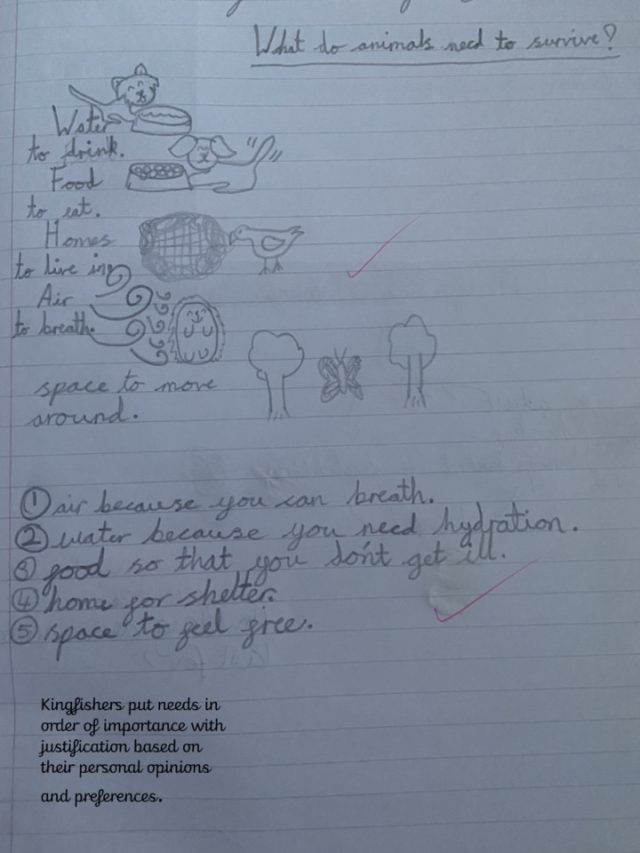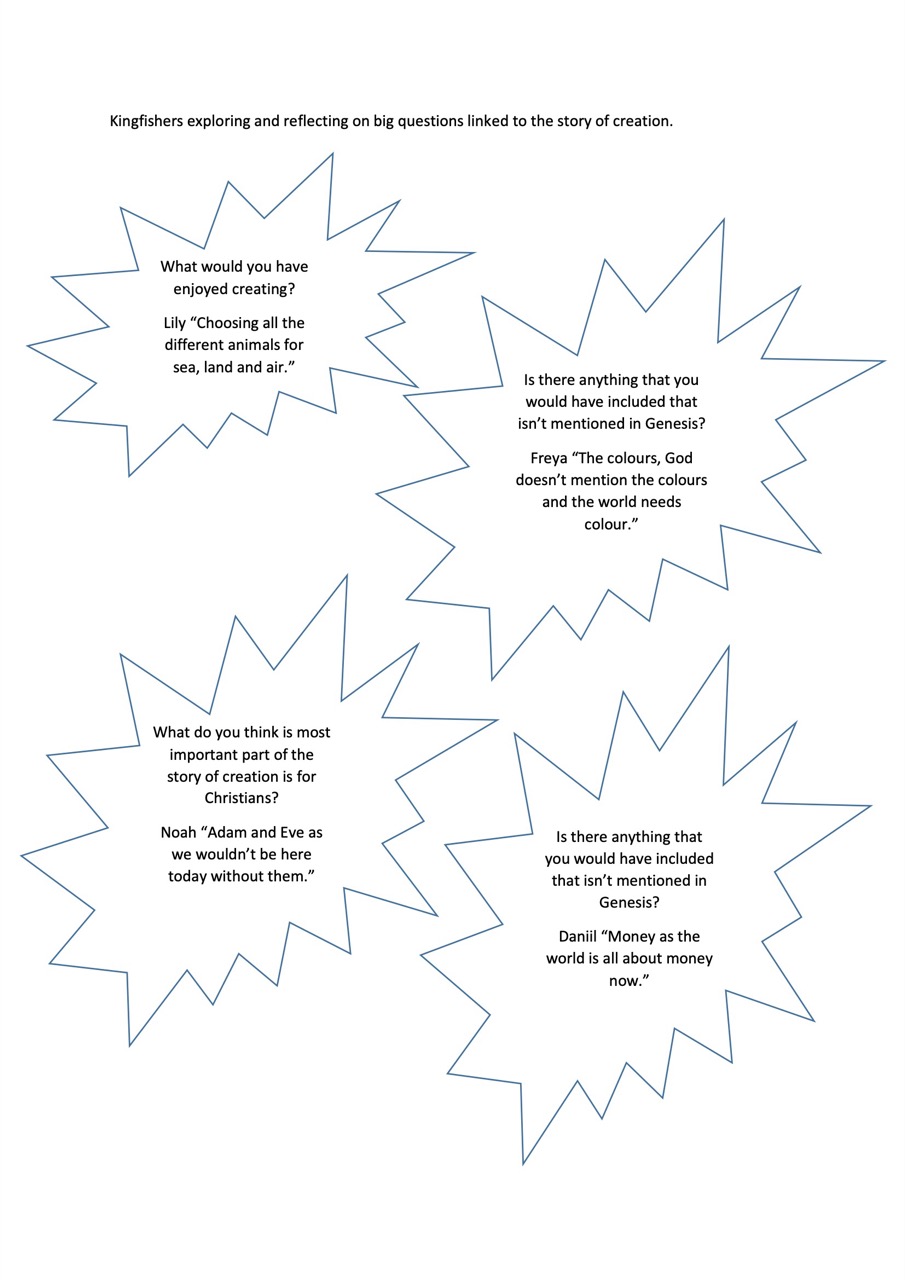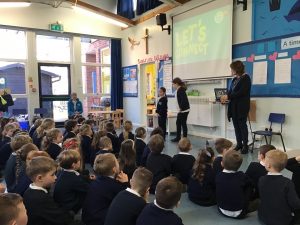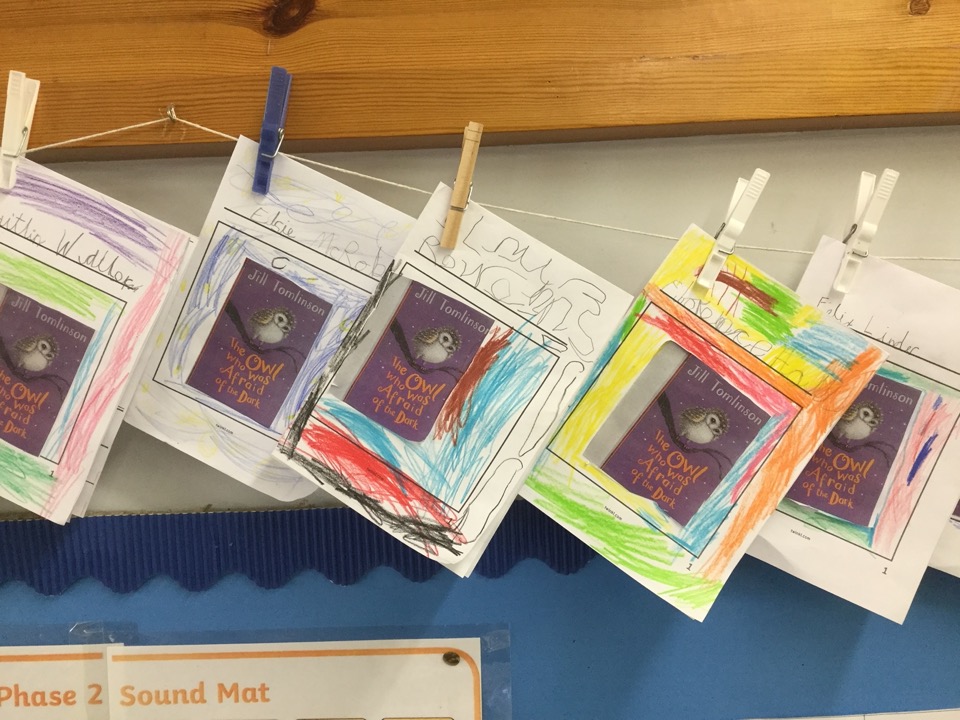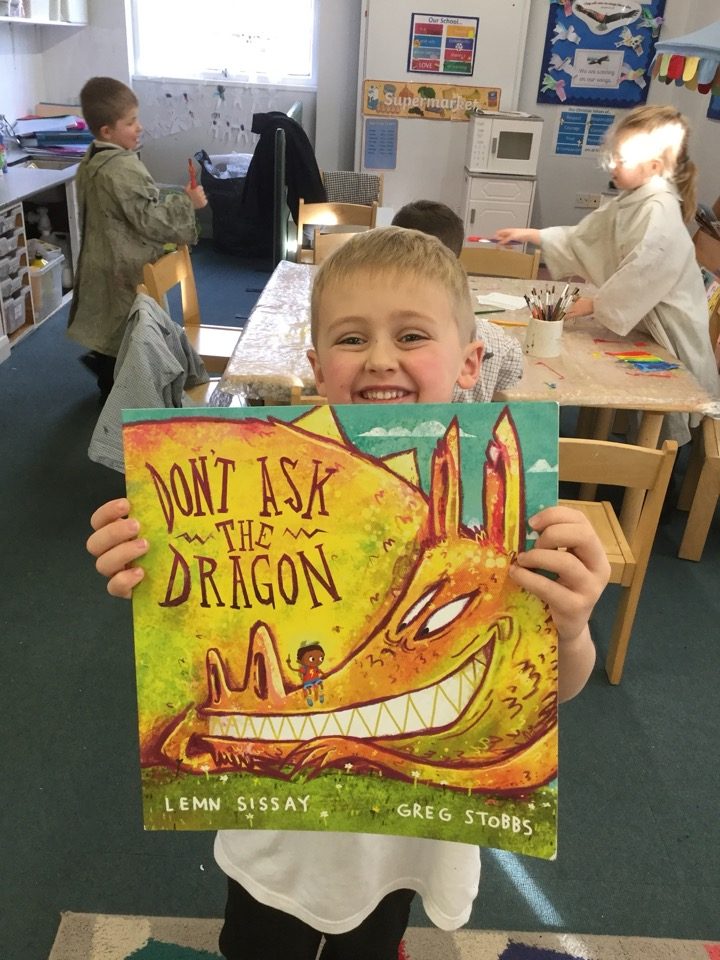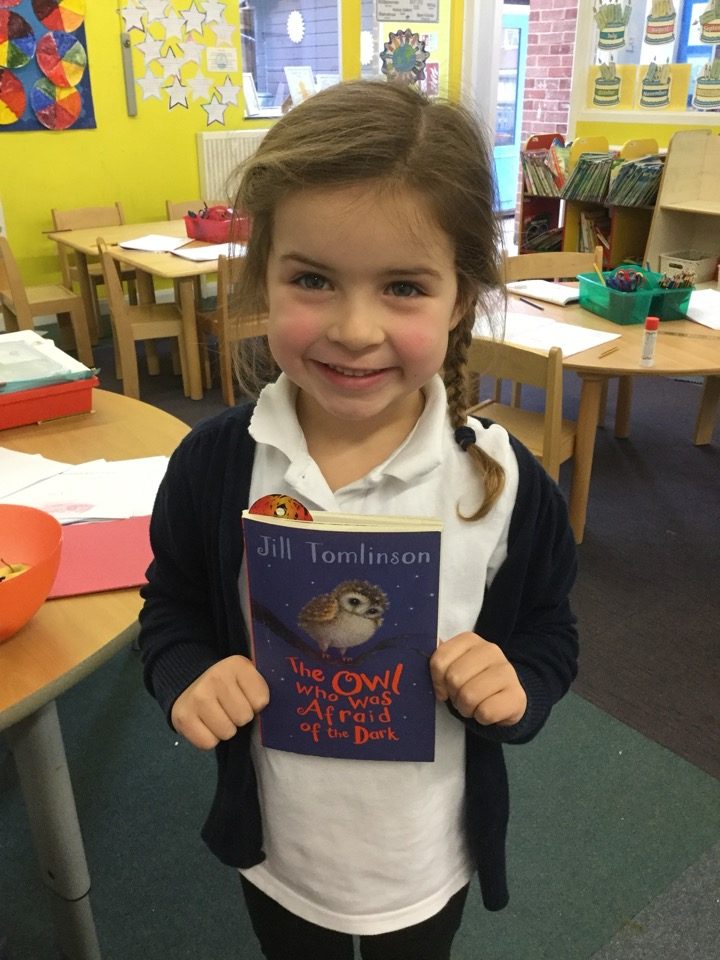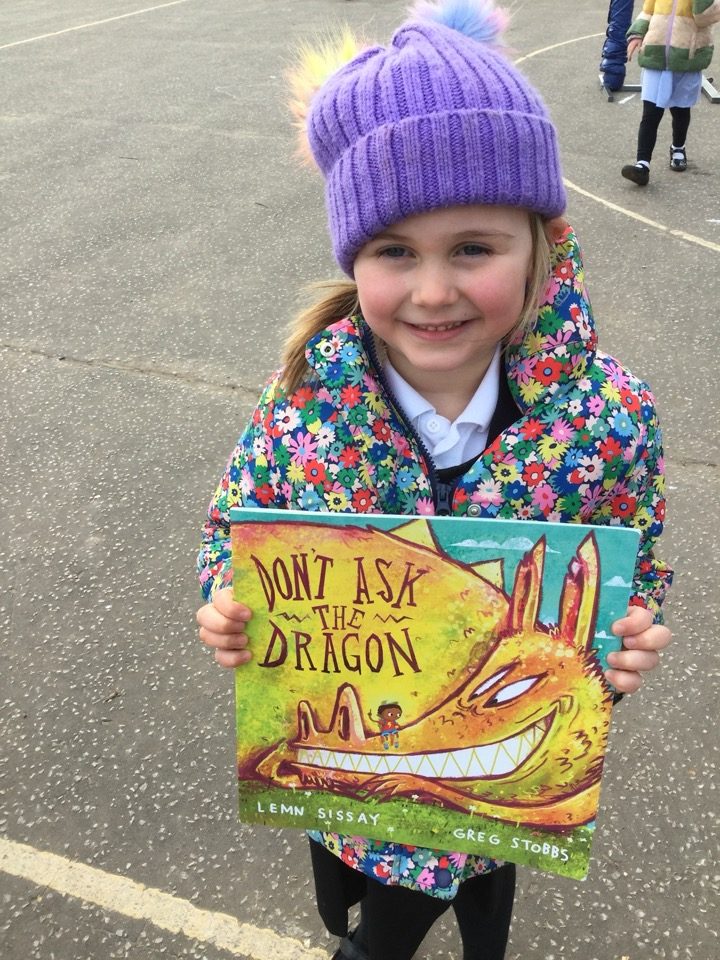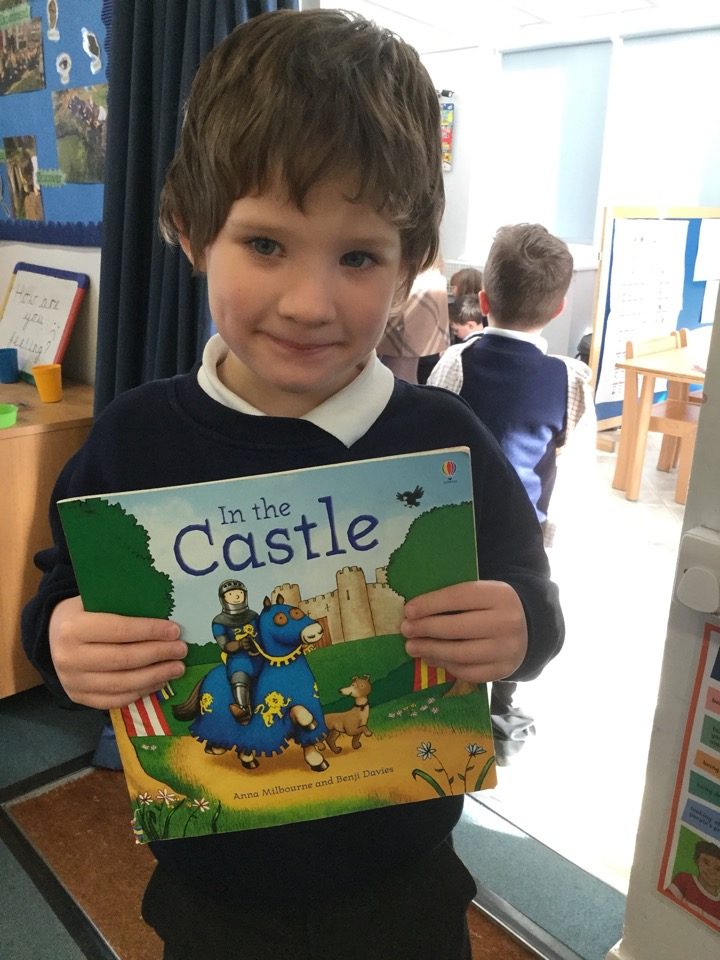Archive
Singing Assembly
Today we welcomed Coots parents into school to hear our Tuesday singing assembly. Coots got things started with a performance of the Boundaries Song which they previously performed in their class assembly based on the book Ask First, Monkey!
Then after some warm-ups the whole school practised the hymns How Great Thou Art and Amazing Grace, with musical accompaniment from Year 4 and 5 children Ivy, Grace, Freya, Ffion, Megan and Eadie.
Grebes PE – The Haka
In Dance, children are learning the Haka, a dance made famous by the New Zealand rugby team. We watched the All Blacks performing this legendary challenge.
And then had a go ourselves!
Which is more intimidating?
Children’s Mental Health Week – 6-12 February
We kicked off Children’s Mental Health week with a whole-school assembly. Children talked about what connecting with others means to them and ways we can connect to others. We talked about how powerful something as simple as a smile and a “hello” can be.
Abby (Coots) – We can call someone up to connect with them.
Florence (Kingfishers) – We can hold hands.
Blossom – You might fall out with someone, but they are still your friend. You are still connected.
Freddie – You can play a game with them.
Caitlin – When you’re playing a game, you can show it to someone else.
Jude (Coots) – You can go and get your mummy and ask her to sit next to you.
We played a silent connection game where you had to connect with someone else in the room without making a sound. Some people gave a thumbs up, some a pat on the back, others made a funny face!
Indie – What we were doing was the opposite of what we did on Remembrance Day where we looked down and did not look at each other.
‘Together’ by Matt Goodfellow
We read this lovely poem together.
To find out more, visit
RE – Creationism and Science: Can they both be right?
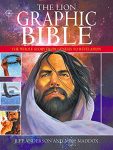
In RE our key question is about Creationism (the belief that the Creation story in the Book of Genesis is literally true) and the Science of Evolution and Cosmology (the Big Bang). We have re-read the Creation story in the Lion Bible (read it here). We watched an episode of BBC Universe called The Sun: God Star (https://www.bbc.co.uk/iplayer/episode/p09ybpb8/universe-series-1-1-the-sun-god-star) and Sir David Attenborough’s explanation of the ‘Tree of Life’.
On The Origin Of Species – Charles Darwin
Retold and illustrated by Sabina Radeva
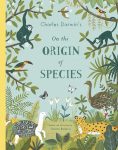
In Science we are reading a children’s version of Charles Darwin’s earth-shattering book, On The Origin Of Species (1859) which explains how organisms adapt to their environments, compete with each other in the race for survival, and continually evolve over millions of years. Here are a few pages to read and talk about at home.
Darwin’s Dragons – Lindsay Galvin (Spring 2023)
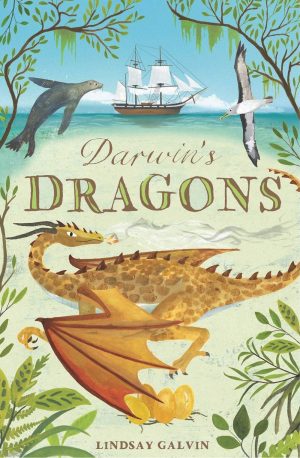
In Grebes we are reading Darwin’s Dragons, a work of historical fiction with fantasy elements by Lindsay Galvin. Here is the blurb:
Syms Covington has landed the job of a lifetime – cabin boy and fiddler on Charles Darwin’s Beagle – but when he is separated from the crew during a storm, his life takes a truly extraordinary turn.
Shipwrecked on a Galapagos island, he makes a discovery that could change the world – and make his fortune. But should he share his find, or will it lead to the extinction of a legendary species?
There’s one person who could help, but he’s busy writing a book …
